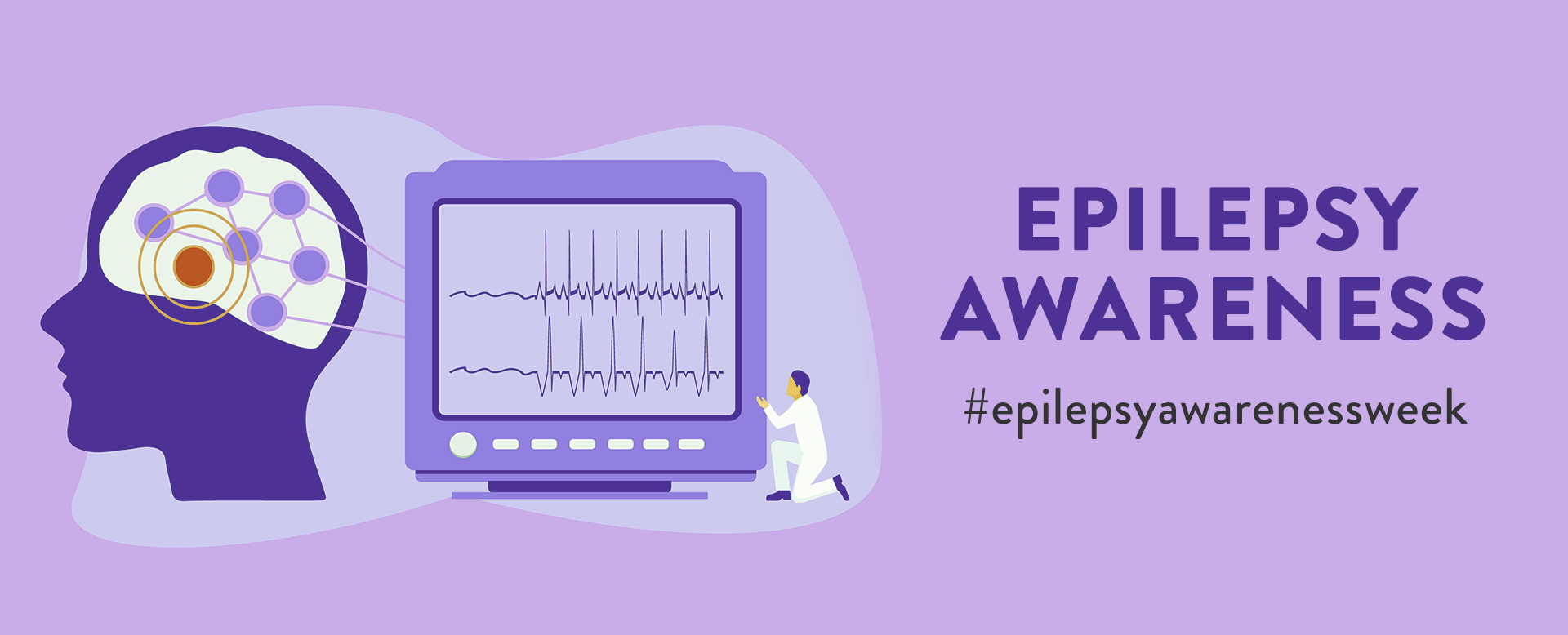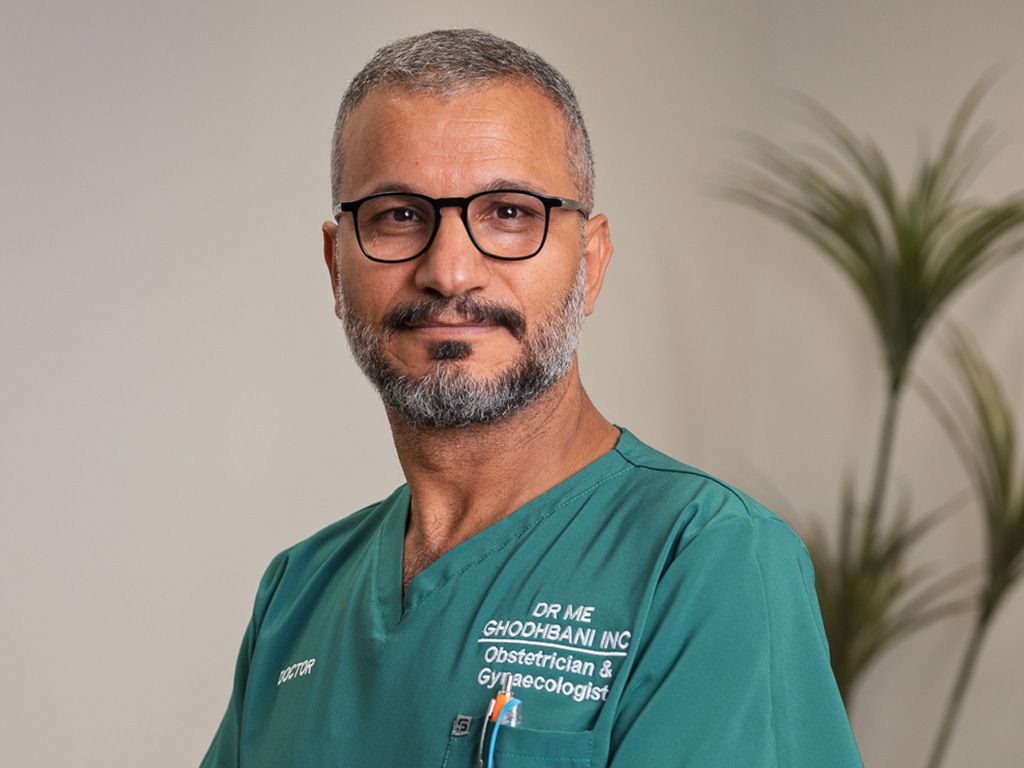Diagnosing and treating epilepsy is not always simple
Seizures and epilepsy: understanding the distinction and specialised treatment options available
Specialists from three epilepsy monitoring units at Netcare hospitals have shed light on common misperceptions about this neurological condition, explaining the importance of accurate diagnosis in order to optimise treatment of persons with epilepsy.
"When people think of epilepsy, a person experiencing convulsive seizures may immediately spring to mind. As doctors we know, however, that seizures may be attributable to other causes and that epilepsy takes various forms – some of which do involve convulsive seizures, but also others that do not," explains Dr Shaheed Gora, a neurologist practising at the specialised epilepsy monitoring unit (EMU) at Netcare Milpark Hospital in Johannesburg.
What is epilepsy?
"Official estimates vary, but epilepsy in its various forms is believed to affect around 55 million people worldwide, and approximately one percent of South Africans. This neurological disease is not contagious and certainly is no indication that a person is mentally deficient," Dr Gora observes.
"From critically acclaimed novelists Fyodor Dostoyevsky and Laurie Lee, to musicians Lil Wayne and Prince, and sport legends such as Jonty Rhodes, many epileptics have distinguished themselves in their chosen fields. It is even believed that the ancient Greek philosopher Socrates, and historical figures including Roman emperor Julius Caesar and French emperor Napoleon Bonaparte – both revered for their political and military strategies ¬– were epileptic."
Dr Vanmala Naidoo, a neurologist who practises at the Netcare Mulbarton and Netcare Vaalpark hospitals’ EMUs, says that there are many different types of both epilepsy and seizures, and they may present in many different ways. "While some epileptics experience convulsive or grand mal seizures, characterised by the body stiffening and uncontrolled muscle jerking, other types of epilepsy may involve atonic seizures, where the person briefly loses control of their muscles and collapses, or absence seizures, where the person may simply just stare into the distance for up to 10 seconds."
What are seizures?
A seizure is defined as a surge in the electrical impulses of the brain, causing a number of possible symptoms depending on which area of the brain is affected. Seizures can be caused by epilepsy, but there are numerous other factors that they may be attributable to.
Dr Raksha Sitharam, a neurologist practising at the EMU at Netcare Waterfall City Hospital in Midrand, says that not everyone who experiences a seizure is necessarily epileptic. "Other causes of seizures can for example be due to metabolic derangements such as low glucose. Withdrawal from illegal drugs or alcohol has also been associated with seizures," Dr Sitharam notes.
Diagnosing epilepsy
"As epilepsy is a complex group of conditions, diagnosis is not always simple. There are other conditions that may present in ways similar to certain types of epilepsy, and in order to effectively treat the patient these would need to either be ruled out or confirmed," Dr Sitharam adds.
Typically, the patient's medical and family history will be taken into consideration, and a clinical examination performed. An electroencephalogram (EEG) test will be performed to record electrical activity in the brain. The doctor may also ask for eyewitness accounts of someone who saw the patient having a seizure to help determine what type of seizure it was. MRI or CT scans are also commonly used to help identify the cause of seizures.
Diagnosing epilepsy by video and EEG monitoring in specialised EMUs
"Even with the aid of front-line diagnostic tools, further testing may be required to distinguish epileptic seizures from other conditions that may present similarly, such as syncope [fainting spells], heart rhythm disorders, sleep disturbances or behavioural disorders," Dr Sitharam explains.
Dr Gora explains the process: "Video-EEG involves continuous simultaneous EEG and video monitoring over a period of between 24 hours and five days, which enables doctors to see the patient's physical response on video footage and compare it with simultaneous information recorded on the EEG.
"Through this process, we are able to identify the type of seizures being experienced, and in which part of the brain the seizures originate. We can determine how often the patient has seizures, even those types of seizures that might otherwise be difficult to notice. This helps to determine the best possible treatment option for the individual," Dr Naidoo adds.
Dr Sitharam says that video-EEG monitoring also has applications for assessing whether the type and dosage of medication a patient has been prescribed is the most appropriate for their particular condition.
When being admitted to an EMU, patients are encouraged to bring along a close friend or family member who is familiar with their seizures, both to assist in alerting the neurodiagnostic technician to the seizure and for personal support. During their stay at an EMU, patients may bring a laptop, books or craft materials to help them pass the time. They may be required to stay awake for some time, as sleep deprivation testing may be necessary.
The EMUs at Netcare Mulbarton, Netcare Milpark and Netcare Waterfall City hospitals are equipped with state-of-the-art technology and designed with patient comfort in mind. The aim is to make a patient’s stay as pleasant as possible, and the en-suite bedrooms also have television sets for patients to while away the hours.
What to do if you see someone having a grand mal seizure
"There are a number of misperceptions surrounding the neurological condition of epilepsy, some of which are potentially harmful. As we mark National Epilepsy Week, we wish to raise awareness about what to do if you witness someone having a convulsive seizure because well meaning but misinformed seizure interventions may actually cause injury to the person having a seizure," says neurologist, Dr Shaheed Gora of the epilepsy monitoring unit at Netcare Milpark Hospital.
What to do:
- Loosen constrictive clothing around the person's throat
- Remove any sharp or hard objects including furniture near the person that might cause them injury
- If the person is wearing spectacles, remove them
- If bystanders have gathered around, reassure them if they are upset by what they're witnessing and ask them to give the person space while you keep an eye on them
- If possible, position the person so that they are laying on their side so that any vomit or excess saliva can drain from their mouth
- If the person having a seizure is pregnant call an emergency medical services provider, such as Netcare 911 on 082 911
- If the seizure lasts longer than three minutes, call an emergency medical services provider
What not to do:
- Do not panic
- Do not try to put your fingers or any object into the person's mouth during the seizure
- Do not hold the person down or restrain them
Once the seizure is over:
- Check that the person is breathing normally. At this stage you may need to clear any obstruction from the mouth with your finger, and put the person in the recovery position (i.e. laying the person on their side, with their mouth angled downwards so that any fluid or vomit will drain out of the mouth instead of blocking the airway).
- Allow the person to rest
- Persons who have suffered a seizure are frequently confused or drowsy thereafter or have a severe headache. Reassure them and stay with them until they are fully alert and recovered
- Do not offer them food or drink until they are fully alert
- Check that the person has not sustained any injury during the seizure
NETCARE EPILEPSY MONITORING UNITS













